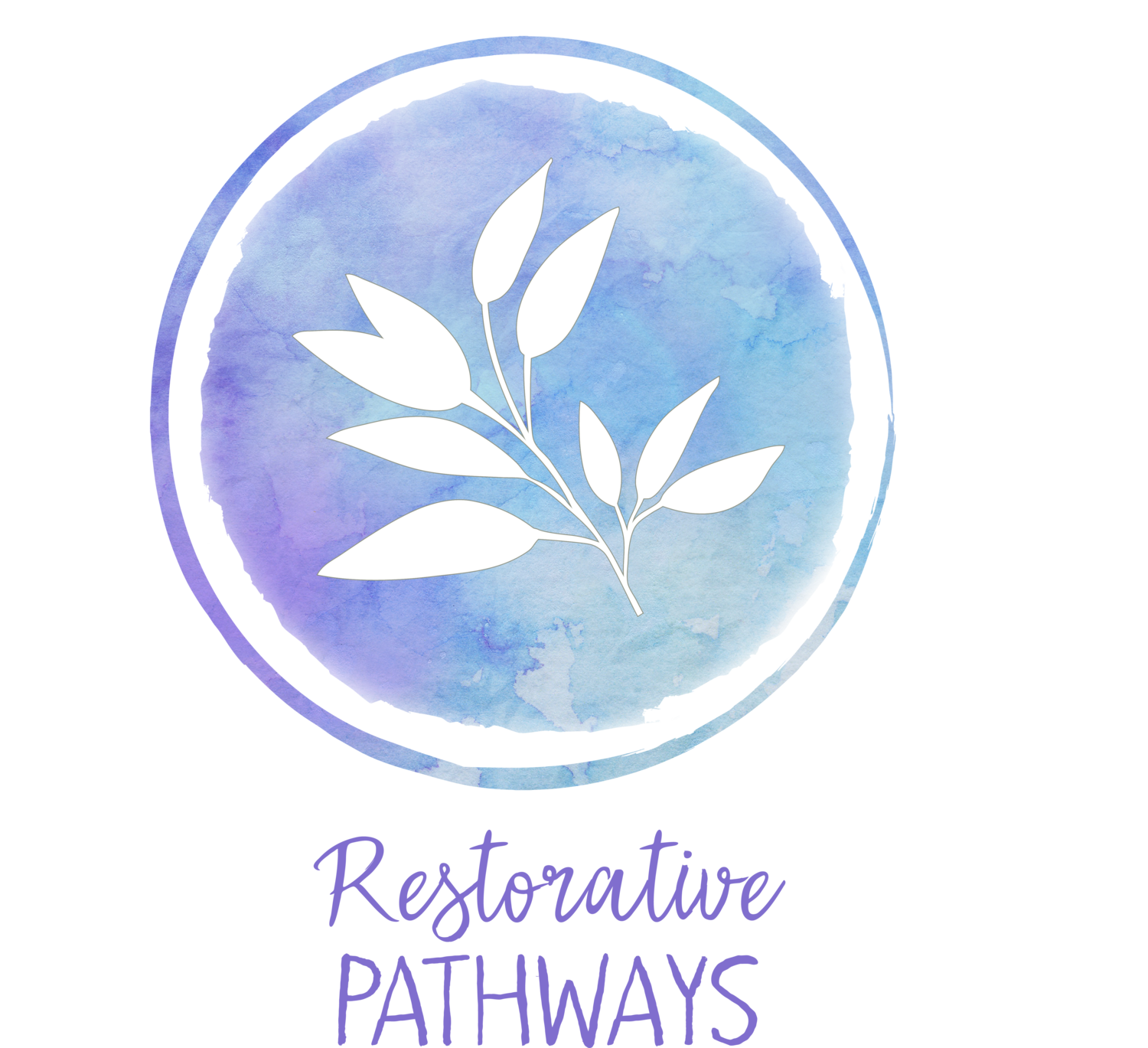Why Self Care is Important for our Relationships
“We haven’t had a date in seven years... since the kids were born” she said with a soft, embarrassed laugh.
Her therapist responded, “When was the last time the two of you had any time to rest or to invest in yourselves without anyone needing you?”
They gave each other a wide-eyes stare and then looked blankly at the therapist.
This really isn’t that uncommon of a conversation for me to have with the couples that sit on my couch. Maybe it’s surprising to you because you easily prioritize taking care of yourself and your relationship (awesome job, if so. Seriously, high five!) But my guess is you’re probably more along the lines of the majority of the couples I work with who struggle to prioritize time for themselves as individuals, time as a couple, and time to rest in general. How in the world are we supposed to balance all of that?
This post is less about how to strike that perfect balance, because to be honest, I’ve yet to figure out what that looks like. This is more about emphasizing the importance and the impact of self-care on your relationship so that we understand why we should put that effort in. And believe me, I get it, it truly takes a continuous, conscious effort.
Nearly everything about our culture supports productivity and a “work until you’re exhausted” mentality so taking time for yourself is counterculture. Ever had that thought of “I can’t do that, I don’t want to be lazy” or “I should be doing something right now... I have so many things on my list.” That’s this principle at work!
So why is self-care so important for our relationships anyways?
Well, it’s fairly simple. Your relationship can only grow as far as you do. The relationship can’t be healthier than you are as an individual. Want a healthier, more sustainable relationship? Then both members of the relationship must be investing in themselves.
Let’s demonstrate this with a picture.
This graphic shows us what I’m talking about.
Let’s imagine you and your partner are plants and when you get together in a relationship, your roots intertwine. In a balanced relationship where both plants are healthy and thriving - you both have things outside of the relationship that are helping to keep you alive (good support, counseling, rest, and additional self-care). In this case, you are both able to fully give and receive openly without ever depleting your partner. Now imagine that one of you in the relationship is a little wilted and you’re not getting your necessary “nutrients and sunlight” - you’ll take what you need from your partner but you won’t have much to give. Eventually you’ll deplete your partner’s, and the overall relationship’s, reservoir and the relationship as a whole will begin to wilt. Yikes!
How do we build a reservoir? (More on this later in the month) The simple answer is by doing small things often. Making deposits into the emotional bank account of your relationship.
Imagine that reservoir being beneath your relationship root system... When one of you starts to run a little dry, the other can step in to provide support. But, what happens when both of you are going through a hard season and you both begin to wilt a little? This is when a reservoir comes in handy. Build it up by investing in your relationship (giving) when things are going well and you’re feeling filled up so that when you’re going through a bit of a drought, you both have something to fall back on without depleting each other. This is relationship resiliency.
What happens when you’re never really feeling like a thriving plant - always a little depleted and never having enough to give?
This should serve as a big red flag! This is a sign that you may need to reevaluate how and where you are investing your time. You may need to take a good look at your capacity (more on this in the future).
TLDR:
- Self-care is critical for your relationship to thrive. You’re relationship can’t be healthier than you as an individual in the relationship.
- Both individuals in the relationship investing in self care and development will make for the best conditions of a thriving relationship.
- By doing small things often, you can build up a relationship reservoir from which you can draw when things get tough.
- Feeling depleted all the time is a big red flag that we may need to adjust how and where we are spending our time.
MIRANDA WALKER, MA, LPCC
Miranda is passionate about helping others find freedom, healing, and restoration and considers it a high honor to be entrusted with the call to walk along others in their struggles. She enjoys being an active member in her church community and has served as a worship leader and small group leader. She also enjoy spending time with her husband and their pup Louie, time with other family and friends, and having a good cup of coffee (or 2).
She graduated from Ohio University with her Bachelor of Arts in Psychology in 2013 and completed her Master of Arts Degree in Clinical Mental Health Counseling at Ashland Theological Seminary in 2017. She has received specialized training in Couples counseling through the Gottman Institute (Level 3 certification).


